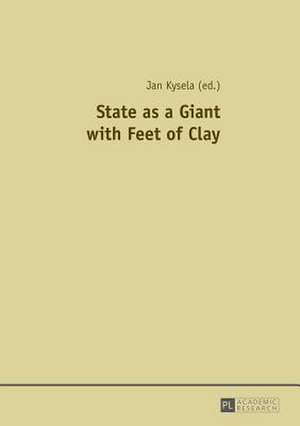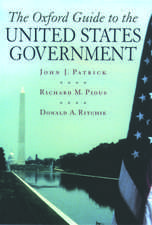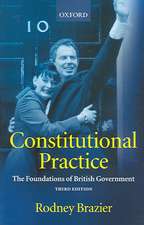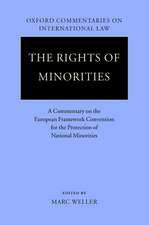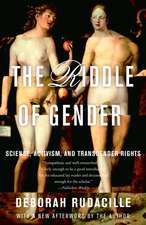State as a Giant with Feet of Clay
Editat de Jan Kyselaen Limba Engleză Paperback – 25 noi 2014
Preț: 363.59 lei
Nou
Puncte Express: 545
Preț estimativ în valută:
69.58€ • 72.38$ • 57.44£
69.58€ • 72.38$ • 57.44£
Carte tipărită la comandă
Livrare economică 11-17 aprilie
Preluare comenzi: 021 569.72.76
Specificații
ISBN-13: 9783631653753
ISBN-10: 3631653751
Pagini: 182
Dimensiuni: 146 x 213 x 15 mm
Greutate: 0 kg
Editura: Peter Lang Gmbh, Internationaler Verlag Der W
ISBN-10: 3631653751
Pagini: 182
Dimensiuni: 146 x 213 x 15 mm
Greutate: 0 kg
Editura: Peter Lang Gmbh, Internationaler Verlag Der W
Cuprins
Contents: Jan Kysela: Outline of the field of research - Pavel Ondrejek: International law limits on state power. Limitation of state power by international law at the beginning of the 21st century - Jan Grinc/Jana Ondrejková: The State and the European Union - Jan Broz/Pavel Ondrejek: Human rights limits on state power - Michal Urban/Jan Kysela: Societal limits on the state - Jan Kysela: Conclusions.
Notă biografică
Jan Kysela is an Associate Professor at the Law Faculty of the Charles University in Prague, and the head of its Department of Political Science and Sociology. He also works as a constitutional expert in the Senate of the Parliament of the Czech Republic. He specializes primarily in constitutional theory, parliamentarism, bicameralism and theory of law-making.
